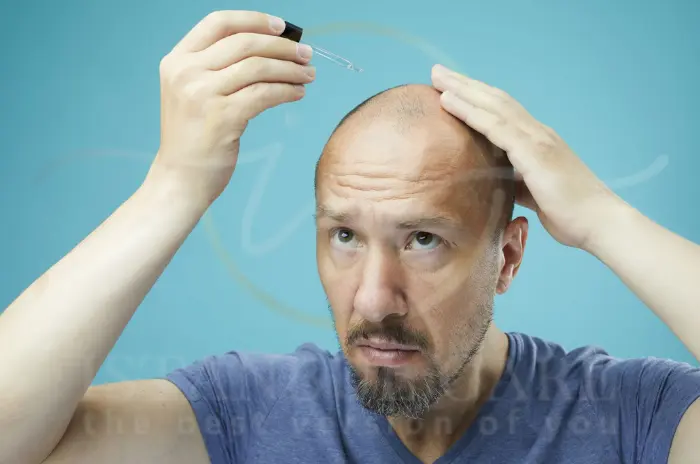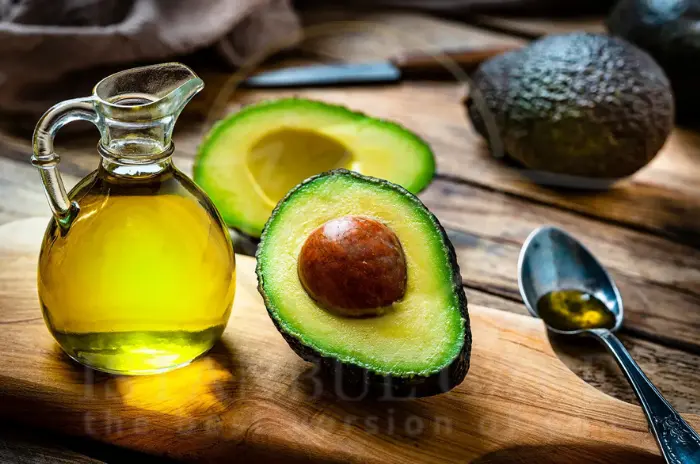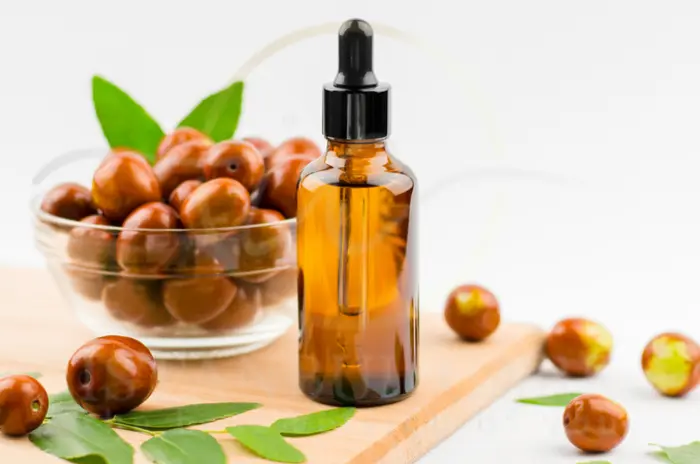Hair loss affects millions of people worldwide, driving the search for natural, effective solutions. Among the many oils promising hair benefits, jojoba oil for hair stands out for its unique molecular structure and proven results. This comprehensive guide explores how jojoba oil can transform your hair health and potentially slow hair loss progression.

What Is Jojoba Oil and Why It Matters for Hair
Jojoba oil isn't technically an oil—it's a liquid wax extracted from the seeds of the jojoba plant (Simmondsia chinensis). This distinction is crucial because jojoba oil's molecular structure closely mimics human sebum, the natural oil your scalp produces. Unlike traditional oils that sit on the hair surface, jojoba oil penetrates deeply into hair follicles and scalp tissue. This unique characteristic makes it exceptionally effective for hair care, as it works in harmony with your body's natural processes rather than against them. The oil contains essential nutrients including:
- Vitamin E for antioxidant protection
- B-complex vitamins for hair strength
- Zinc and copper for follicle health
- Iodine for antimicrobial properties
Why Jojoba Oil Is Good for Your Hair
-
Moisturizes and Nourishes
Jojoba oil provides deep hydration without leaving a greasy residue. Its lightweight texture allows it to penetrate the hair shaft, delivering moisture from within. This internal hydration helps maintain hair elasticity and prevents the brittleness that leads to breakage.
-
Promotes a Healthy Scalp
A healthy scalp is the foundation of strong hair growth. Jojoba oil's antimicrobial properties help combat bacteria and fungi that can cause scalp infections and inflammation. By maintaining optimal scalp pH and reducing irritation, it creates an environment conducive to healthy hair growth.
-
May Prevent Breakage
Regular use of jojoba oil strengthens hair strands by filling in microscopic gaps in damaged cuticles. This protective action reduces mechanical damage from brushing, styling, and environmental stressors, ultimately leading to longer, stronger hair.
How Jojoba Oil Works on Hair
Jojoba oil works through several mechanisms to improve hair health:
| Mechanism | Effect | Result |
| Sebum regulation | Balances oil production | Reduces greasy or dry scalp |
| Follicle penetration | Delivers nutrients directly | Stronger hair from the root |
| Cuticle smoothing | Seals damaged areas | Increased shine and softness |
| Anti-inflammatory action | Reduces scalp irritation | Better growth environment |
The oil's molecular weight (approximately 300 daltons) allows it to penetrate hair more effectively than heavier oils like castor or coconut oil. This penetration capability enables jojoba oil to work at the cellular level, supporting the biological processes that maintain healthy hair.
Can Jojoba Oil Help Prevent Hair Loss
While jojoba oil isn't a cure for genetic hair loss, research suggests it may help slow the progression through several pathways. The oil contains compounds that may inhibit 5-alpha reductase, the enzyme responsible for converting testosterone to DHT (dihydrotestosterone)—the primary hormone linked to male pattern baldness. Studies indicate that regular scalp massage with jojoba oil can:
- Improve blood circulation to hair follicles
- Reduce inflammation that contributes to hair loss
- Strengthen existing hair to prevent premature shedding
- Create optimal conditions for new hair growth
However, it's important to note that jojoba oil works best as part of a comprehensive hair care strategy and may be most effective for those experiencing early-stage hair thinning rather than advanced balding.
Benefits of Jojoba Oil for Hair Growth and Health
-
Strengthens and Repairs Hair Strands
Jojoba oil's protein-like properties help rebuild damaged hair structure. The oil contains amino acids that can temporarily fill gaps in damaged cuticles, making hair appear thicker and feel stronger.
-
Moisturizes Scalp and Reduces Dandruff
By regulating sebum production and maintaining scalp hydration, jojoba oil effectively combats both dry and oily dandruff types. Its antifungal properties specifically target Malassezia, the yeast responsible for most dandruff cases.
-
Prevents Breakage and Split Ends
Regular application creates a protective barrier around hair strands, reducing friction and environmental damage. This protection is particularly beneficial for chemically treated or heat-styled hair.
-
Adds Natural Shine
Jojoba oil smooths the hair cuticle, allowing light to reflect more evenly across the hair surface. This creates natural shine without weighing hair down.
-
As a Hot Oil Treatment
Warming jojoba oil before application increases its penetration and effectiveness. The heat opens hair cuticles, allowing deeper nutrient delivery.
-
Adds Shine and Softness
The oil's light texture provides lasting shine without buildup, making hair feel naturally soft and manageable.
-
Prevents Dandruff
Consistent use helps maintain scalp balance, preventing the conditions that lead to dandruff formation.
-
Nourishes Hair Follicles
Direct follicle nourishment supports the hair growth cycle and may extend the anagen (growth) phase.
How to Use Jojoba Oil for Hair: Methods & Timing
-
Scalp Massage Technique
- Apply 2-3 teaspoons of jojoba oil to fingertips
- Part hair into sections for even distribution
- Massage gently in circular motions for 10-15 minutes
- Focus on areas of thinning or dryness
- Leave on for 30 minutes before shampooing
-
Pre-Shampoo Treatment Method
This method protects hair during the cleansing process:
- Apply jojoba oil from mid-length to ends
- Avoid the scalp if hair is naturally oily
- Leave for 20-30 minutes
- Shampoo normally, using less product than usual
-
Daily Leave-In Application
For daily maintenance:
- Use just 2-3 drops for shoulder-length hair
- Apply to damp hair, focusing on ends
- Style as usual—no rinsing required

Is Jojoba Oil Effective for Treating Bald Patches
Jojoba oil may help with certain types of bald patches, particularly those caused by inflammation, poor circulation, or temporary hair loss conditions like alopecia areata. However, its effectiveness varies significantly based on the underlying cause. For androgenetic alopecia (male/female pattern baldness), jojoba oil may slow progression but is unlikely to regrow hair in completely bald areas. The oil works best when follicles are still present but weakened, rather than when they've been permanently damaged. Those with significant bald patches should consult with hair restoration specialists or dermatologists to explore more targeted treatments while using jojoba oil as a supportive therapy.
Choosing the Best Jojoba Oil Products
-
Cold-Pressed vs Refined Oil
| Type | Benefits | Drawbacks |
|---|---|---|
| Cold-pressed | Retains all nutrients, maximum potency | More expensive, shorter shelf life |
| Refined | Longer shelf life, neutral scent | Reduced nutrient content |
-
Organic & Additive-Free Options
Pure, organic jojoba oil ensures you're getting maximum benefits without potentially harmful additives. Look for certifications from recognized organic bodies and avoid products with synthetic fragrances or preservatives.
-
Packaging: Glass Bottles vs Plastic
Glass packaging protects oil quality by preventing oxidation and chemical leaching. Dark glass bottles offer additional protection from light damage, preserving the oil's beneficial compounds longer.
Tips to Get the Best Results with Jojoba Oil
-
Use Cold-Pressed Oil
Cold-pressed varieties retain maximum nutrient content and therapeutic properties essential for hair benefits.
-
Apply Regularly
Consistency is key—use jojoba oil 2-3 times per week for maintenance or daily for intensive treatment.
-
Avoid Overuse
More isn't always better. Start with small amounts and increase gradually to find your optimal dosage without causing buildup.
What To Mix With Jojoba Oil For Hair?
Enhance jojoba oil's effectiveness by combining it with complementary ingredients:
- Rosemary essential oil: Add 2-3 drops per tablespoon for circulation boost
- Peppermint oil: Stimulates follicles and provides cooling sensation
- Vitamin E oil: Extra antioxidant protection
- Aloe vera gel: Additional soothing properties for sensitive scalps
- Coconut oil: For extra moisture in very dry hair
Side Effects and Precautions of Using Jojoba Oil
-
Patch Test Before Use
Always test a small amount on your wrist or behind your ear 24 hours before full application to check for allergic reactions.
-
Allergic Reactions to Watch For
While rare, some people may experience:
- Skin redness or irritation
- Itching or burning sensation
- Scalp inflammation
- Contact dermatitis
-
Safe Use During Pregnancy
Jojoba oil is generally considered safe during pregnancy, but consult your healthcare provider before use, especially if you have sensitive skin.
-
Overuse Risks
Excessive application can lead to:
- Hair appearing greasy or weighed down
- Scalp pore clogging
- Product buildup requiring clarifying treatments
How Long Until You See Results
Hair growth is a slow process, so patience is essential. Here's a realistic timeline:
- 2-4 weeks: Improved scalp health and reduced dryness
- 6-8 weeks: Noticeable reduction in breakage and increased shine
- 3-4 months: Potential improvement in hair thickness and reduced shedding
- 6+ months: Maximum benefits for hair growth and overall health
Jojoba Oil vs Other Hair Oils: What Science Shows
-
Jojoba vs Castor Oil
Castor oil is thicker and more intensive but may be too heavy for fine hair. Jojoba oil offers similar benefits with better absorption and lighter feel.
-
Jojoba vs Coconut Oil
Coconut oil penetrates hair shafts well but can cause protein overload in some hair types. Jojoba oil is gentler and suitable for all hair types without the risk of protein buildup.
Is Jojoba Oil Safe for All Hair Types
Jojoba oil's unique properties make it suitable for virtually all hair types:
- Fine hair: Use sparingly to avoid weighing down
- Thick hair: Can use more generously for maximum benefits
- Curly hair: Excellent for defining curls and reducing frizz
- Color-treated hair: Helps maintain color while providing protection
- Chemically processed hair: Repairs damage and prevents further breakage
Tips for Choosing the Best Jojoba Oil
When selecting jojoba oil, prioritize:
- 100% pure jojoba oil without additives
- Cold-pressed extraction method
- Organic certification when possible
- Dark glass packaging
- Reputable brand with quality assurance
- Recent production date for maximum freshness
When to See a Dermatologist
While jojoba oil is generally safe and beneficial, consult a dermatologist if you experience:
- Sudden, dramatic hair loss
- Scalp irritation that doesn't resolve
- Signs of infection (redness, swelling, pus)
- Hair loss patterns suggesting underlying medical conditions
- No improvement after 6 months of consistent use
Jojoba Oil's Role in Scalp Health for Hair Transplant Candidates
-
Preparing the scalp for a transplant procedure
Intermediary organizations often recommend jojoba oil as part of pre-transplant preparation. The oil helps optimize scalp condition by reducing inflammation and improving blood circulation, creating an ideal environment for graft survival.
-
Managing scalp conditions that may affect transplant success
Dandruff, seborrheic dermatitis, and other scalp conditions can compromise transplant results. Jojoba oil's antimicrobial and anti-inflammatory properties help address these issues before surgery.
-
Integrating jojoba oil into pre-transplant care routines
Start using jojoba oil 2-3 months before your planned procedure. Apply 2-3 times weekly with gentle massage to improve scalp health and circulation.
Supporting Transplanted Hair Growth with Jojoba Oil
-
Nourishing the scalp and new grafts post-transplant
After the initial healing period (typically 2 weeks), jojoba oil can help nourish new grafts and support healthy growth. The oil's gentle nature makes it ideal for sensitive post-transplant scalps.
-
Addressing dryness or irritation in transplanted areas
Post-transplant scalps often experience dryness and irritation. Jojoba oil's moisturizing properties help alleviate these symptoms while supporting healing.
-
Safe application methods and precautions for sensitive scalps
Always wait for full clearance from your intermediary organization before applying any products post-transplant. When approved, use minimal amounts and avoid direct pressure on graft sites.
We’re ready to answer your questions
Jojoba oil may help slow hair loss progression by improving scalp health and reducing inflammation, but it cannot prevent genetic hair loss entirely. It works best as part of a comprehensive hair care strategy.Initial improvements in scalp health appear within 2-4 weeks, while significant hair benefits typically require 3-6 months of consistent use.Jojoba oil offers superior absorption and is suitable for all hair types without risk of protein overload, making it more versatile than coconut or castor oil.Yes, but effectiveness varies based on the cause of hair loss. It may help with inflammatory conditions but is less effective for advanced androgenetic alopecia.For maintenance, use 2-3 times weekly. For intensive treatment, daily application is safe for most people.Side effects are rare but may include allergic reactions in sensitive individuals. Always perform a patch test before first useYes, jojoba oil effectively treats both conditions by regulating sebum production and providing antimicrobial benefits.Combine scalp massage with jojoba oil 2-3 times weekly, focusing on areas of thinning. Leave on for 30 minutes before shampooing for optimal results.
Follow us on social media for updates, tips, and patient success stories:


